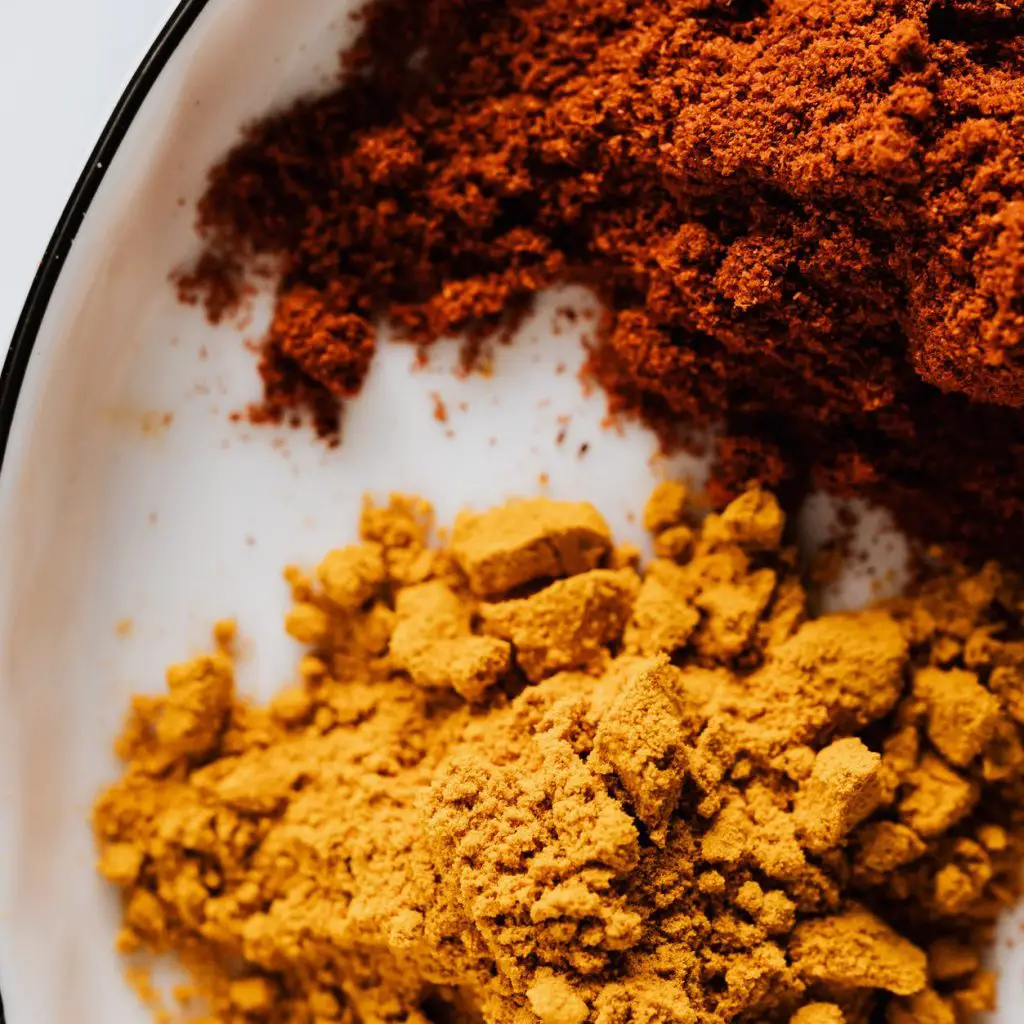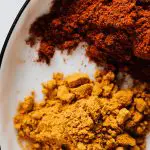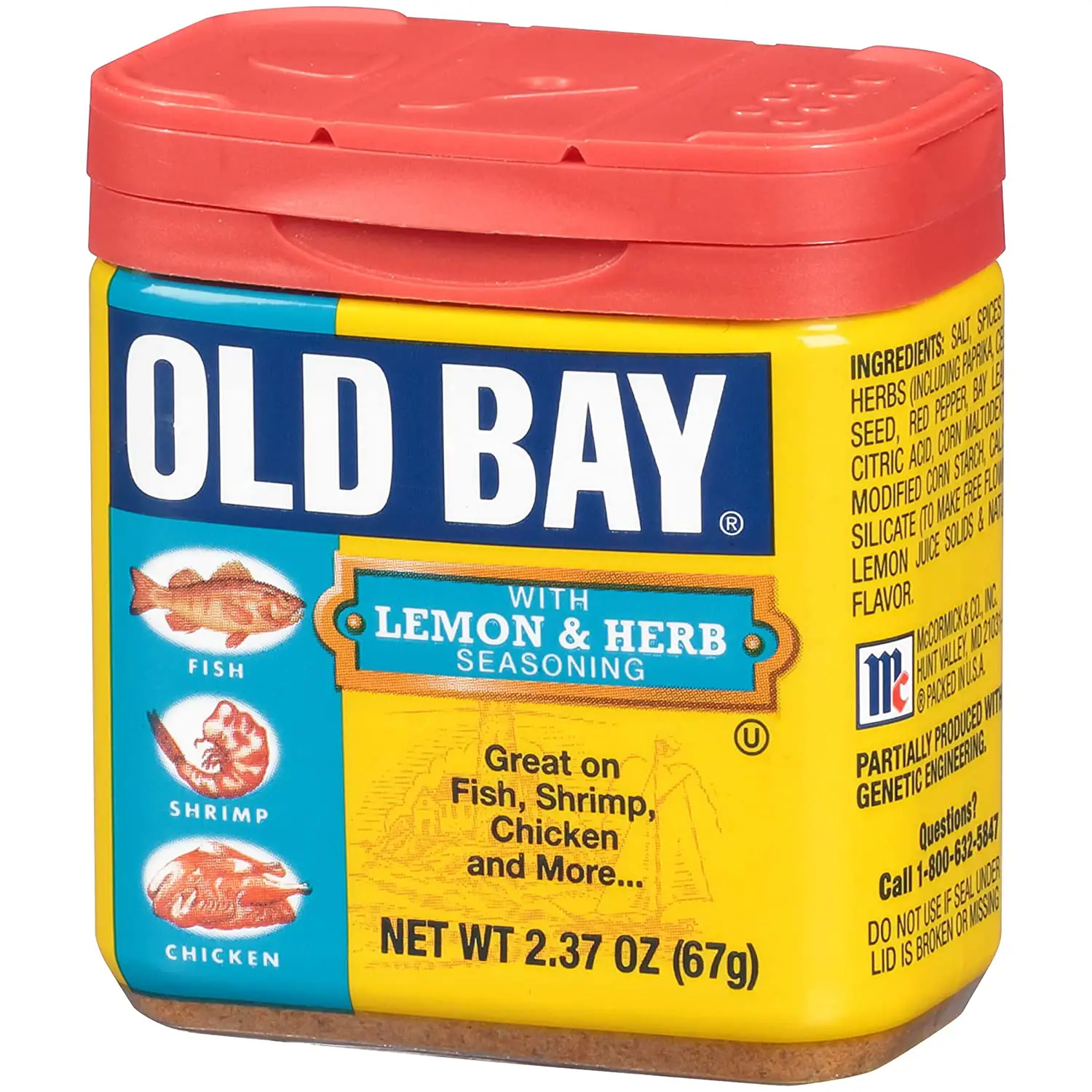Accent seasoning is a seasoning with MSG (Monosodium Glutamate) as the primary ingredient. Accent seasoning is a blend of MSG and other ingredients such as salt, chilli and garlic.
Both MSG and accent seasoning are used to enhance the flavor of savory dishes, but accent seasoning has a more complex flavor profile due to the addition of other ingredients. It is available in shops and stores in a fine white crystal substance that looks like sugar or salt. It does not have a distinctive taste of its own.
Accent seasoning and MSG are commonly used in Asian cuisines, but can also be added to other dishes to improve their flavor.
How it adds flavor to food without having a flavor of its own is quite remarkable. Scientists have concluded that MSG activates the taste buds on the tongue, specifically the ones that respond to the amino acid called glutamate. This amino acid is naturally present in many foods and is responsible for the savory, “umami” flavor that is often associated with meat and other protein-rich foods. When MSG is added to a dish, it increases the concentration of glutamate, amplifying the savory flavor and making the dish taste more delicious.

What is Accent Seasoning?
What is Accent Seasoning used for?
It is an all-around ingredient that can be added to meat, rice, potatoes, and soup. It also acts as a flavor enhancer. Thus it has been used for years by top chefs in their cooking.
How safe is Accent Seasoning?
Accent seasoning is an ingredient mainly added to Chinese foods, canned vegetables, soups, and processed meat. The Food and Drug Administration has stated that it is ‘generally recognized as safe; however, its use has remained controversial.
Most people can safely consume MSG as a food additive in moderate amounts. It has been used for many years in a variety of cuisines and is considered safe by regulatory agencies around the world. However, some people may have a sensitivity or allergy to MSG, which can cause symptoms such as headaches, nausea, or a feeling of tightness in the chest. the reactions are short-term and don’t require medical attention. but As a result, the FDA requires that it be stated on the label when added to food.
If you experience any adverse reactions after consuming MSG, it is recommended to avoid it or use it in smaller amounts. It is always a good idea to consult with a healthcare provider if you have any concerns about your health.
How to Prepare Accent Seasoning
Homemade accent seasoning will save you a visit to the store when you urgently need it. If you are allergic to MSG and want to avoid the reaction, you can exclude the ingredient from your preparation process. You’ll need the following ingredients, which you will mix in the blender, excluding salt. Add salt after blending:
How to Prepare Accent Seasoning
Materials
- 15 ounces of table salt.
- 2 tbsp of black pepper.
- 2 tbsp of garlic powder.
- 2 tbsp of onion powder.
- 2 tbsp of onion powder.
- 2 tbsp of chilli powder.
- 1/2 tbsp of thyme.
- 1/2 tbsp of sweet basil.
- 1/2 tbsp of bay leaf.
Instructions
- Add the ingredients to a blender except for salt. Be careful not to breathe in the dust.
- Add the salt last and mix it until they are perfectly combined.
Notes
How to Store Accent Seasoning
Keep them in airtight containers or spice jars and store them in a cool, dry place. Though they can last up to two years, freshly ground ones are better used within six months.Accent Seasoning Nutritional Information
Saturated Fat: 0g
Trans Fat: 0g
Cholesterol: 0mg
Sodium 60mg
Total Carbohydrate: < 1g
Dietary Fiber: 0g
Total Sugars: 0g
Protein: 0g
Vitamin A: 0g
Vitamin C: 0g
Calcium: 0g
Iron: 0g
Are there any substitutes for accent seasoning?
What can you do if you have no accent seasoning remaining in your pantry but you need it to add to a dish? The following are useful options that can give you a taste similar to this kind of seasoning, if not the actual taste. You might even end up loving these substitutes more;
China Salt
China Salt is another name for monosodium glutamate (MSG). It is used as an enhancer that has a similar taste to umami. Due to this, its meat-like taste makes most stews delicious.
Other Salts
Accent seasoning tastes a lot like salt; therefore, if you want to avoid the MSG in accent seasoning you can replace it with salt. There are many different types of salt available.
Regular table salt or sea salt combined with a small amount of a savory ingredient such as soy sauce or fish sauce, which will help to enhance the savory flavor of the dish works really well to replace MSG.
Another option is to use a type of salt that is specifically designed to have a more pronounced umami flavor, such as dashi kombu salt or kelp salt. These salts are made using ingredients that are naturally high in glutamate, the same amino acid that gives MSG its flavor-enhancing properties. By using one of these types of salt, you can help to replicate the flavor of MSG without actually using the additive itself.
Accent Seasoning FAQs
What is accent seasoning made of?
Accent seasoning is made of Monosodium Glutamate(MSG). Other ingredients are peppers (black, chili, and cayenne), sweet basil, thyme, bay leaf, garlic, and onion. The ingredients are in the form of powder.
It is a popular seasoning product in the United States of America. It was initially found in Asian delicacies. But with the availability of recipes, you can use them creatively to prepare your dishes.
What kind of seasoning is accent?
Accent seasoning is a seasoning based on the primary ingredient Monosodium Glutamate(MSG). It is often used in Asian cuisines, particularly in Chinese and Japanese dishes, where it is added to soups, sauces, and marinades to enhance the savory flavor.
How does accent seasoning work?
Accent seasoning is meant to enhance food taste. It does so by activating receptors in the mouth.
Is accent seasoning the same as seasoning salt?
No. Accent seasoning is different from seasoning salt. Both of them may serve the same function, enhancing the taste of the dishes. However, they have different sets of properties that serve different functions in the dishes.
Is accent seasoning safe?
Accent seasoning is totally safe for you. You only need to pay attention to the ingredients you use to prepare your seasoning.
Some people are intolerant to MSG and will need to replace the MSG in this recipe for one of the other suggestions
If you decide accent seasoning is not for you, Cajun seasoning may serve the same function.
Is accent a meat tenderizer?
It is not. The accent is only meant to enhance the taste of your food. It simply makes your food tastier by adding flavors.
Conclusion
Accent seasoning is so popular in the culinary industry. With its delicious meaty flavor, you simply must crave to have it for your homemade meals.
So, since you now understand what accent seasoning is, you should consider preparing it at home for a better cooking experience.




